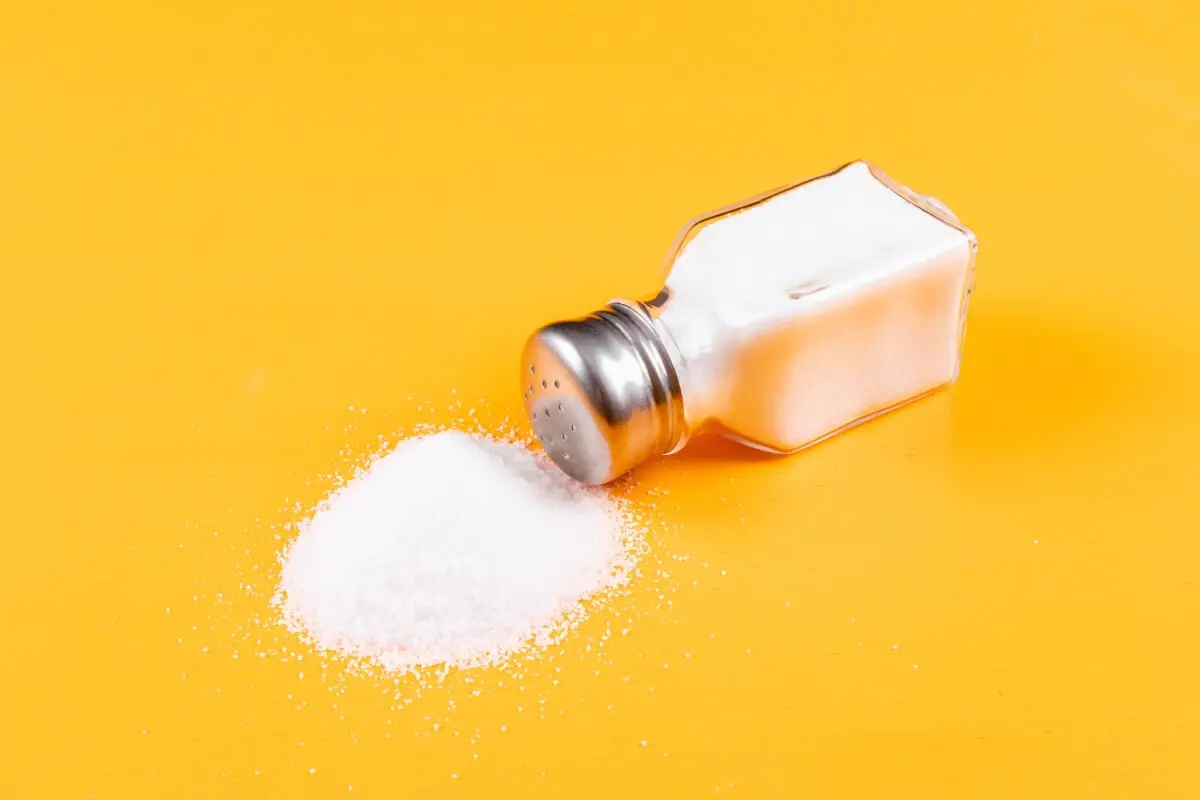
Have you ever experienced a recurring salty taste in your mouth? Perhaps you’re wondering why everything has a slightly metallic or salty taste to it?
No, that metallic or salty taste isn’t because you’re eating too many salty foods. There are other important potential contributors related to your overall health and well-being that could be factors as to why everything tastes salty.
Salty Taste in Mouth
All foods can taste salty when you have blood in your mouth or are experiencing various medical conditions such as acid reflux, dehydration, vitamin or nutritional deficiency, certain medications in your system, gum disease, smell disturbances, poor oral health, head trauma, or other autoimmune disorders.
Taste Buds
Any taste that you sense in your mouth is always related to your taste buds. When you eat something sweet, the sweet taste buds are stimulated and let you bask in that familiar melt-in-your-mouth sweetness. When you eat something sour, the taste buds that sense sour are activated and often cause you to pucker your mouth.
So, it makes sense that when you eat something salty, your salt taste buds are on high alert.
Foods that are salty are linked to causing cravings for more salty foods, even to the point of addiction, as was reported by Australian scientists in 2016.
But if you aren’t eating a lot of salty foods and haven’t changed a whole lot in your life, why should something that isn’t salty still leave you in a situation where everything has a salty or metallic taste?
Beyond Taste Buds
The taste in your mouth should always be neutral unless you are eating.
There are four questions to consider when trying to figure out the cause of a salty mouth:
- What’s happening inside the mouth?
- What’s happening inside the body?
- What’s going on throughout the whole body?
- Are there outside forces that could be the culprits?
What’s Happening Inside the Mouth
The cells and tissues inside your mouth could contribute to a salty taste from several causes. One of them is that your gums have been bleeding.
Blood tastes salty.
If you have periodontal disease or oral bleeding, scheduling gum treatments to do deep cleansing is necessary. Creating a good gum maintenance program afterward is critical so the odd taste in your mouth doesn’t return from constantly bleeding gums.
A mouth infection can also be the reason for the taste change and could contribute to why everything tastes salty.
You might have an infection in the roof of your mouth, in your throat, on your tongue, or on the sides of your mouth. A yeast infection, constant bleeding gums, sinus infection, or oral thrush symptoms are all signs of infection that need immediate treatment. An infection like periodontitis may also cause loose teeth.
Mouth infections, such as yeast infections, sinus infections, and oral thrush, can indeed lead to an altered taste. These infections demand prompt attention, often requiring treatment beyond boosting the immune system. Consulting a dentist is vital for proper diagnosis and management.
We can’t understate the importance of oral infections. In worst case scenarios, an oral infection can cause death. Also, infections that require root canal therapy or extraction will not clear up with antibiotics or by boosting the immune system, so don’t try alternative medications as a first resort. Again, consult a dentist.
Postnasal drip
Another cause of a salty taste could be postnasal drip from nasal sprays or other liquids where liquid drips from your nasal passage into your mouth, potentially leaving you with that salty metallic taste in your mouth afterward.
What’s Happening Inside the Body
In your stomach: acid reflux
If you aren’t digesting your food properly and have been suffering from acid reflux, this is a reason for a salty taste in your mouth. One possible cause of acid reflux is gastroesophageal reflux disease (GERD). GERD is a chronic digestive condition where stomach acid flows back into the esophagus, causing irritation and symptoms like heartburn, regurgitation, and oral symptoms such as dry mouth or a sour taste in the mouth. Lifestyle changes, medication, and sometimes surgery are used to manage GERD and improve symptoms.
In your mouth: amalgam (mercury) fillings
Amalgam fillings, sometimes called mercury fillings, typically don’t cause a salty taste in your mouth. Rather, there could be a metallic taste from bacterial leakage around failing amalgam fillings. Some dentists claim to be able to test for leaking mercury fillings with a mercury vapor test, but this isn’t common practice. Replacing amalgam fillings should be considered judiciously, as their removal can release mercury. As we’ve said before, consult a dentist if this is your concern.
On your head: hair analysis test
Another option to attain this information is to have an alternative health practitioner specializing in nutrition run a hair analysis test on you. While hair analysis tests are suggested for heavy metal detection, their validity remains debated. Further scientific evidence is required to support their effectiveness in diagnosing and addressing taste disturbances.
- YOU SEND US A SMALL HAIR SAMPLE ( 0.50g – 1 TABLESPOON ).
- WE SEND YOU THE FULL REPORT IN ABOUT 14 BUSINESS DAYS.
What’s Going On Throughout the Whole Body
Electrolytes
Salt contains sodium, one of the major electrolytes in the body. Other electrolytes are potassium, calcium, phosphate, bicarbonate, and chloride. However, did you know that there are actually other electrolytes in living systems such as copper, zinc, molybdenum, manganese, iron, magnesium, and chromium?
The major electrolytes have to maintain a certain balance in the body via a healthy diet and regularly drinking water for you to continue living a normal, healthy life. Thus, a salty taste in the mouth could be from electrolyte imbalances such as low potassium, which puts sodium at a higher concentration in the body.
Dehydration
Dehydration concentrates the salt in your saliva and gives you the impression that you are tasting salt even though it’s not a physically present taste in your mouth. There are ways to alleviate dehydration in older adults. Explore them. Drink plenty of water. Staying hydrated is extremely important and is a central pillar of a healthy diet.
Sjogren’s Syndrome
Sjögren’s syndrome is an autoimmune disorder that mainly affects women. It can cause a salty taste in the mouth and may be the reason everything tastes salty. If you have this disorder, you need proper medical care over a long period of time, along with adequate brushing, not smoking tobacco, oral rinses, regularly flossing, and following symptoms closely to ensure they don’t progress over time.
Managing Sjögren’s syndrome at home may include the use of an antibacterial rinse, a rinse for dry mouth, prescription medications or home remedies to manage dry eyes, and the suggestion to stay away from spicy foods and continue drinking water to ensure a smooth recovery. If you’re ever experiencing a burning sensation due to the onset of a rash or joint pain, it’s likely that a prescription steroid cream will be prescribed.
Nutritional Deficiencies
Nutritional deficiencies are another cause of taste disturbances. Zinc has a direct role in how you taste food and stimulates food intake via neuropeptides in the hypothalamus. Zinc deficiency leads to taste disorders and usually decreased ability to taste, but it also may cause an abnormal, salty taste in the mouth.
Vitamin A Deficiency
Vitamin A deficiency is also connected with zinc deficiency. Zinc is required for over 300 enzymes in the body. One of those enzymes converts vitamin A forms into more active forms. Zinc activates vitamin A to get out of storage. So if there are low levels of zinc, there are also low levels of vitamin A, and taste aberrations occur, which could lead to a salty sensation in the mouth.
Outside Forces
One outside force that can change the way you taste things is head trauma.
The next category to consider is medications, as they have the potential to alter your taste buds.
More than 250 medications affect taste in the mouth, smell, or salivation resulting in dry mouth – and this ends up causing a patient to alter how and what they eat or drink. This may result in incontinence or worsening high blood pressure. Weight loss, mood changes, and functional decline are almost a given from these medications.
The Senior Who Taught Her Doctors
One example of this is an 85-year-old woman who had glaucoma and had fallen down steps in her home. She broke her neck, wrists, and had brain hemorrhages. The doctors found she was on Cosopt eye drops nightly. These gave her distorted taste perception in her mouth and to deal with the taste, she began drinking two glasses of water nightly. On the night of her fall, she had gotten up to urinate and by mistake, walked into the stairwell.
Medications That Cause Taste Aberrations
Here’s a list of the different types of medications that affect taste or smell: (Source: https://www.ncbi.nlm.nih.gov/pmc/articles/PMC2980431/)
Antibiotics – Ampicillin, macrolides, quinolones, sulfamethoxazole, trimethoprim, tetracycline, and metronidazole
Neurologic medications – Antiparkinsonians, CNS stimulants, migraine medications, muscle relaxants
Heart medications – Many antihypertensives, diuretics, statins, anti-arrhythmics. ACE inhibitors such as lisinopril and Captopril.
Endocrine medications – Most thyroid medications
Pyschotropics – Most tricyclic antidepressants, some antipsychotics, anxiolytics, mood stabilizers, hypnotics
Other – antihistamines, antineoplastics, bronchodilators, anti-inflammatories, smoking cessation aids, antifungals, antivirals
There’s more to this picture. Here’s a table on how often these taste and smell abnormalities happen with some of the commonly prescribed medications:
| Medication | Incidence |
|---|---|
| Acetzaolamide | 12-100 |
| Maribavir | 83 |
| Cisplatin | 77 |
| Eszopiclone | 16-32 |
| Topiramate | 8 |
| Captopril | 2-7 |
| Lithium | 5 |
| Procainamide | 3-4 |
| Terbenafine | 3 |
From this table you can see that these problems occur commonly.
Some medications induce a zinc deficiency, including the following:
- penicillamine
- cephalexin (Keplex)
- antiretroviral drugs such as atazanavir (Reyataz) and ritonavir (Norvir)
- tetracycline
- quinolone antibiotics
- anticonvulsant drugs (especially sodium valproate)
- prolonged use of diuretics
FAQs
Does Covid-19 cause salty taste in mouth?
If you have coronavirus, food likely smells and tastes different, often of bland flavor or taste. Smell and taste can take a while to come back if you’ve recently had COVID-19.
What deficiency causes salty taste?
Vitamin B1 deficiency disrupts the taste buds and causes a salt taste. This condition may appear slowly, but also rapidly, and if ignored could cause more serious health problems.
Is salty taste in mouth a symptom of diabetes?
Diabetes can lead to taste issues, sometimes called dyspnea. Taste disorders can produce an unpleasant taste in the mouth. If your diabetes or allergies are severe, it is likely your oral health will suffer.
Summary Of Why Everything Can Taste Salty
Once you and your health-care team determine what is causing your mouth’s salty taste, you can move on to the next phase: determining what to do. Whether your solution is getting treated for head trauma or for heavy metal poisoning or nutritional deficiencies or changing medications, we’re hopeful a diagnosis and effective treatment plan are near. You simply don’t have to put up with a constant salty taste in your mouth.
In the meantime, remember the importance of staying hydrated by drinking plenty of water, and avoiding salty and spicy foods until your symptoms subside. Another potential solution to stimulating your salivary glands and eliminating a salty taste, dry mouth, or postnasal drip is to chew sugar-free gum. An oral rinse may also do the trick to eliminate salty saliva or a salty mouth.
References
Douglass, Rebecca, M.D., CCFP. Drug-related taste disturbance. A contributing factor in geriatric syndromes. Can Fam Physician 2010 Nov;56(11): 1142-1147. https://www.ncbi.nlm.nih.gov/pmc/articles/PMC2980431/
Smith, C., et al. Endogenous central amygdala mu-opioid receptor signaling promotes sodium appetite in mice. Proceedings of the National Academy of Sciences of the U.S.A. Nov. 29, 2016, Vol. 113(48): pg 13893-13898. https://www.pnas.org/content/113/48/13893.abstract
Why do I have a salty taste in my mouth? June 1, 2019. Harvard Health Publishing. Harvard Medical School. https://www.health.harvard.edu/diseases-and-conditions/why-do-i-have-a-salty-taste-in-my-mouth
Garrett-Laster, M., et al. Impairment of taste and olfaction in patients with cirrhosis: the role of vitamin A. Hum Nutr Clin Nutr 1984 May;38(3):203-14. https://www.health.harvard.edu/diseases-and-conditions/why-do-i-have-a-salty-taste-in-my-mouth
Pisano, M. and Hilas, O. Zinc and taste disturbances in older adults: review of the literature. Consult Pharm 2016 May;31(5):267-70. https://pubmed.ncbi.nlm.nih.gov/27178656/
Yagi, T., et al. The role of zinc in the treatment of taste disorders. Recent Pat Food Nutr Agric 2013 Apr;5(1):44-51. https://pubmed.ncbi.nlm.nih.gov/23305423/
Vitamin A. Linus Pauling Institute. Micronutrient Information Center. Oregon State University. https://lpi.oregonstate.edu/mic/vitamins/vitamin-A
Dr. Donna Schwontkowski
Dr. Schwontkowski earned her doctorate in Chiropractic Medicine as well as a master’s degree in Nutrition and another in Herbology. She was also a journalist for health and fitness magazines for 15 years and an editor of a top health magazine in Sacramento for 12 years. She’s worked with thousands of patients to improve their nutrition and is now a freelance writer and author.
Kirsten Brancheau, BA, RDH
Kirsten Brancheau, BA, RDH, has been practicing clinical dental hygiene since 1978. She earned an associate’s degree in applied science in dental hygiene from Union County College in 1977 and a bachelor of arts degree in English literature from Montclair State University in 1988. She has been a member of the American Dental Hygienists’ Association throughout her career.



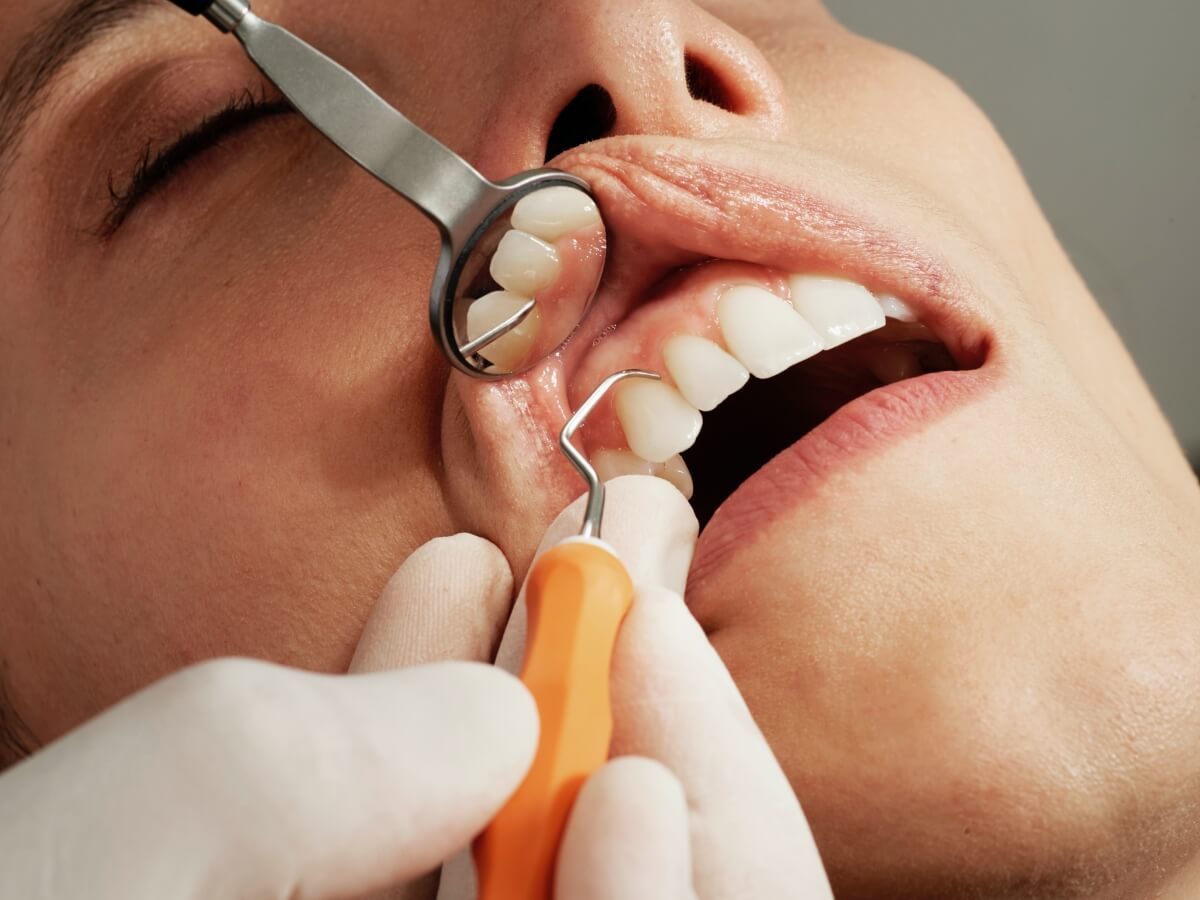

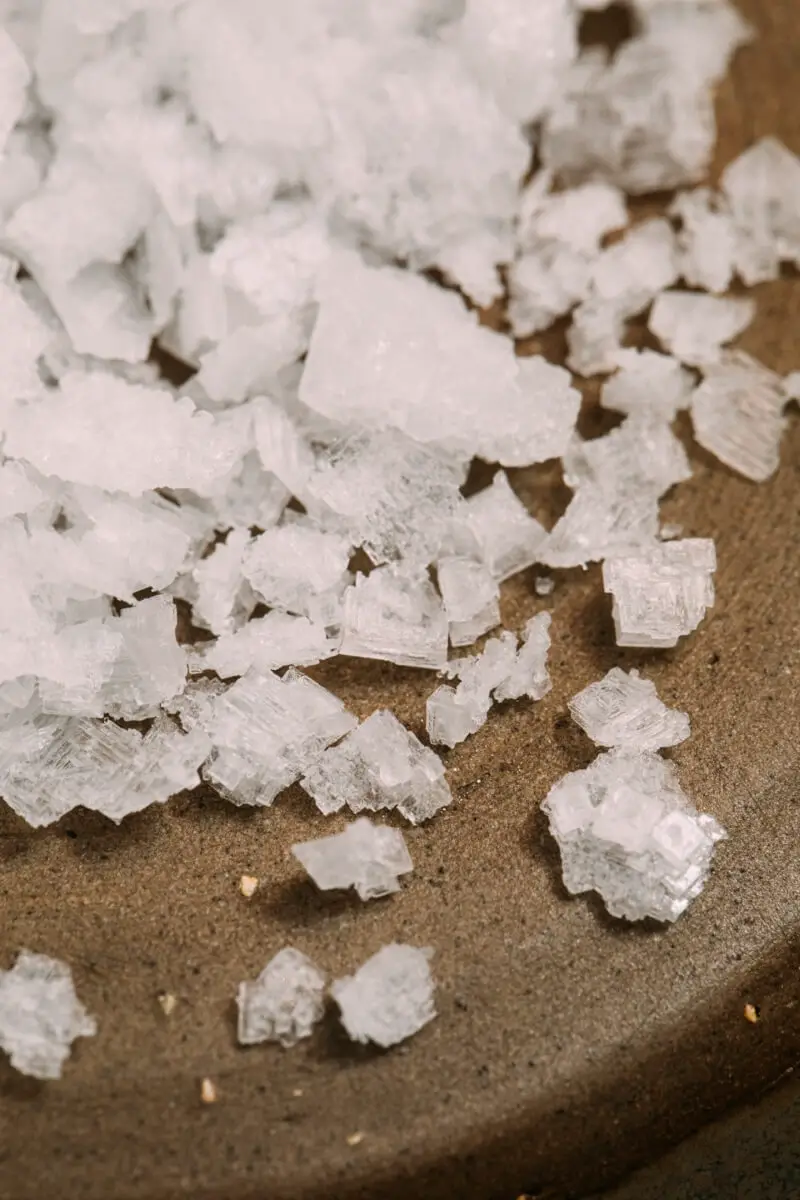

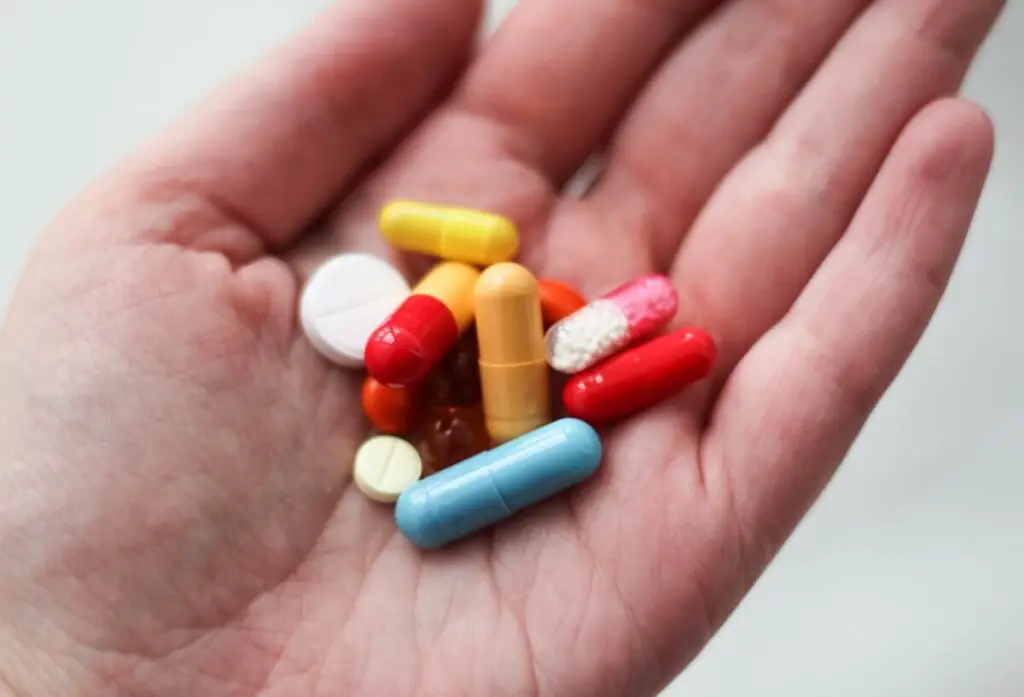
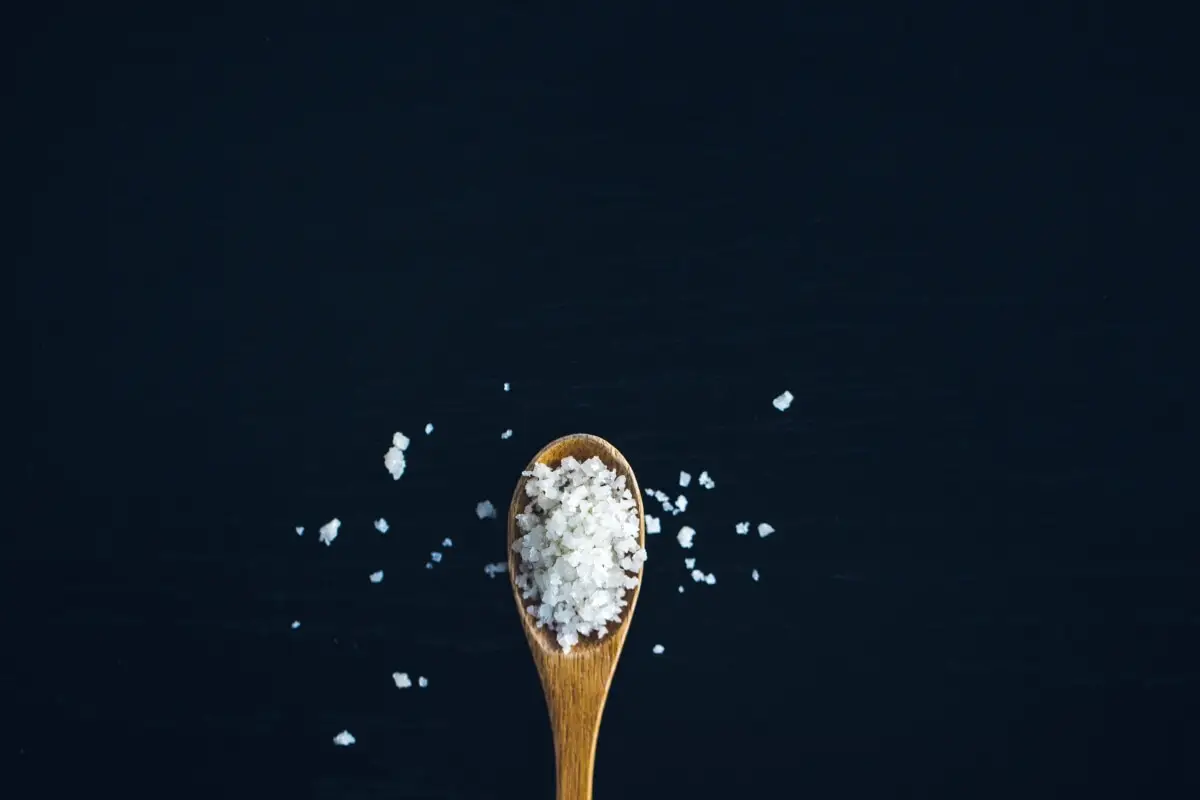

2 comments
Hi, I have been with a salty taste in my mouth for over a year. Everything sweet tastes like salt, and it’s heard at times to even enjoy eating. I love to cook…and I can’t taste my food like I used to. I would like some positive feedback. Thank you
Sorry to hear that. If our article didn’t help you it might be worth checking with your doctor.